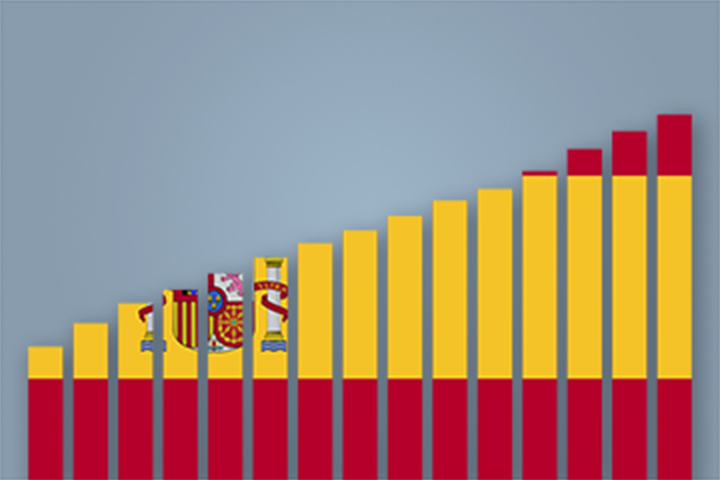Don't forget to include your EPC in your credit application

Keytrade Bank
keytradebank.be
January 11, 2023
(updated June 26, 2025)
3 minutes to read
Found your dream home? Planning some home renovations, perhaps? One thing is certain: A mortgage loan always comes with a certain amount of admin.
Since the beginning of 2022, the Energy Performance Certificate (EPC) has been on the list of documents frequently requested by a bank. The EPC should not be underestimated, as it may affect our analysis of your credit application.
What exactly does the EPC cover?
The energy performance certificate shows how energy-efficient your home is in the form of a label and a score. The label is valid for 10 years and ranges from a red letter F (poor) to a dark green A+ (excellent).
The EPC is used in all three regions of Belgium, but each region has confusingly given it a different name. Flanders uses the English term Energy Performance Certificate (EPC), Wallonia uses the French term Performance Energétique des Bâtiments (PEB), while Brussels has decided to call it Energy Performance of Buildings (EPB). Only accredited energy experts can issue energy performance certificates. Each region has its own official list of energy experts: When you need an EPC, you can use the list for Flanders, Wallonia or Brussels, depending on the location of the home.
Inject some energy into your budget
Why is the EPC so important for a mortgage loan? The answer can be found in the current trend of rising energy prices. The bank has no idea how much your final energy bill will be, but it does know that energy costs are now taking up a sizeable chunk of a lender's budget. And with a high EPC score, that chunk will probably be even more sizeable.
High energy costs are a relatively new, but important additional risk factor that banks need to take into account. This is in the interest of both you and the bank. The higher the EPC score, the stricter the bank will be in its assessment of the repayment capacity of lenders who are buying or renovating a home.
If you are looking to buy a home, make sure to ask the vendor to provide the EPC, because your bank will probably need it to analyse your credit application. You can check the applicable legislation to see whether this is the case for your upcoming application.
Sustainable renovation is worth it
If you are planning renovation work such as roof insulation, window insulation or solar panels, your home's current EPC may also be decisive for your credit application. Together with the quotations for the planned renovation work, the EPC gives the bank a good idea of your home's current situation and how the work will affect the value of your property. It also shows the bank how the renovations could affect your future energy bill.
Did you know that the government has additional incentives for renovations that make homes more energy-efficient? From 2023, the Flemish Government is offering interest rate grants (a discount on the market interest rate) for renovation mortgage loans. In essence, the more energy-efficient your renovations are, the higher your interest rate grant will be. Flanders also provides other renovation grants, so make sure to check whether your project is eligible for those as well.
The Walloon Region also offers renovation energy grants. Since 2022, the Brussels-Capital Region has provided 45 different 'renolution' grants for both renovations and energy-efficiency improvements. To receive the grants to which you are entitled, all you need to do is submit a single request to the Brussels-Capital Region's e-counter.
Planning renovations? Buying a home? Both?
It takes a lot of energy to analyse your home loan file. Literally. Our bank will look at the overall picture of your credit application. These days, this includes rising energy costs. If you are planning to buy a home with a poor EPC score, bear in mind that this automatically constitutes an additional risk factor. Of course, this additional risk may not be insurmountable, but forewarned is forearmed.


